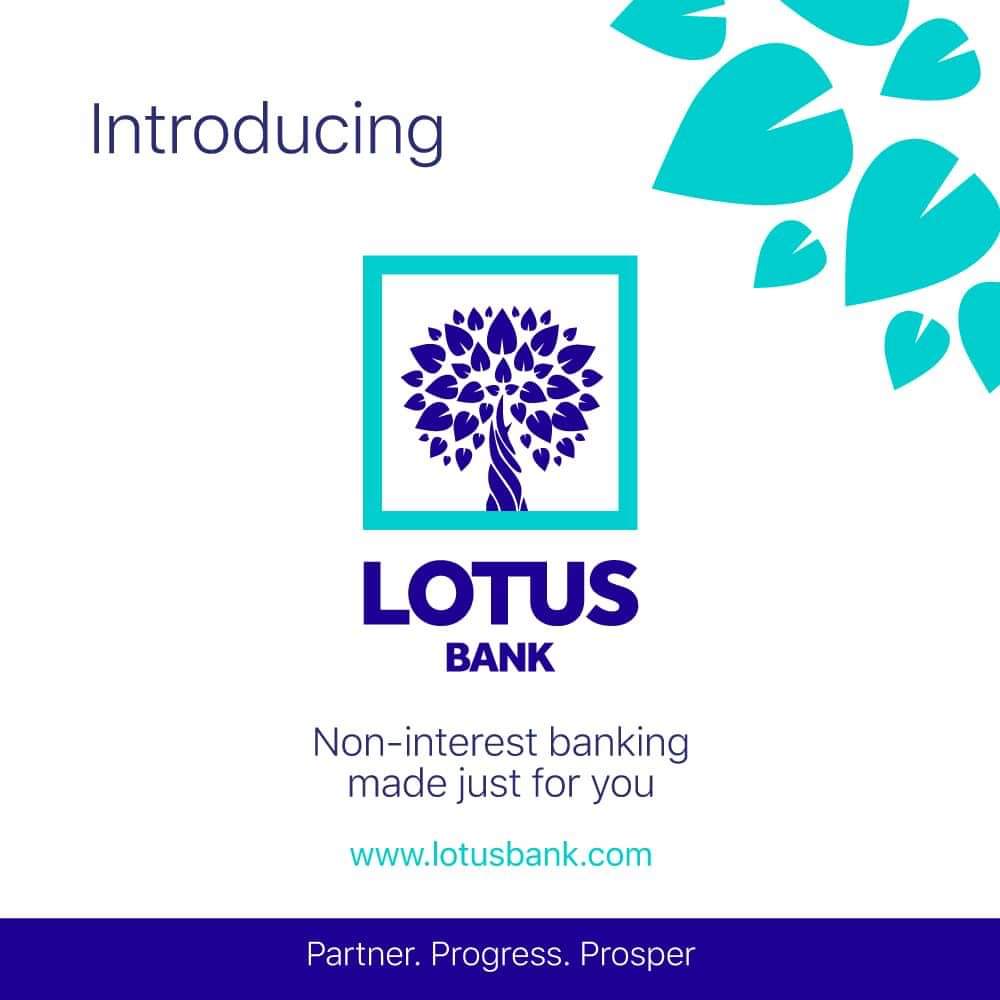Tech Digest: 10 Major Accomplishments in Nigeria’s Digital Economy in the Last One Year

By Abbas Badmus
The journey of digital economy started on the 23rd of October, 2019, when President Muhammadu Buhari approved the renaming and expansion of the mandate of Ministry, from the Ministry of Communications to the Ministry of Communications and Digital Economy, under the supervision of Professor Isa Ali Ibrahim Pantami as Minister.
Since the expansion of the Ministry, Tech Digest reports that a lot of accomplishments and developments have been recorded through its agencies under the Ministry such as NITDA, NCC, NIMC, Galaxy Backbone, NIPOST, e.t.c.
On the 28th of November 2019, the President launched National Digital Economy Policy and Strategy formulated by Pantami. These actions put Nigeria in the right place to harness and exploit the opportunities posed by the COVID-19 pandemic. When COVID-19 hit harder, everything was put on hold aside from the digital space which became the glue of economies.
Also Read: Enhancing Nigeria’s Cybersecurity with Artificial Intelligence
The Top Ten Accomplishments:
1. Unprecedented 18.44% Highest Ever ICT Contribution to Nigeria’s GDP
The Digital Economy sector under Professor Pantami has continued its trend of playing a key part in the growth on Nigeria’s economy. The report by the NBS indicated that the ICT sector contributed 18.44% to the total real GDP in Q2 2022. This is the highest contribution of ICT to the GDP and is truly unprecedented and marks the third time that the sector has achieved an unprecedented contribution to Nigeria’s GDP during the tenure of the Minister- in Q1 2020, Q2 2021 and now Q2 2022.
2. Formulation of Startup Bill to Address 90% Challenges Confronting Nigerian Innovators
Another accomplishments of Digital economy is the formulation of Nigeria startup bill which was finally passed into law by senate on 20th of July, 2022. The Nigerian Startup Bill (NSB), when it becomes a law, would help address more than 90% challenges confronting technology innovators in the country, Pantami said. The Bill project is a joint initiative by Nigeria’s tech startup ecosystem and the Presidency to harness the potential of our digital economy through co-created regulations. The Bill will ensure that Nigeria’s laws and regulations are clear, planned and work for the tech ecosystem. This, we believe, will contribute to the creation of an enabling environment for growth, attraction and protection of investment in tech startups.
3. Nigeria Data Protection Bureau
Following the approval granted by President Buhari, the Ministry of Communications and Digital Economy on the 4th of February 2022 announced the creation of the Nigeria Data Protection Bureau. The Bureau is headed by its first National Commissioner/CEO, Dr. Vincent Olatunji, and is saddled with the responsibility of implementing the Nigerian Data Protection Regulations (NDPR) 2019 and other data privacy matters in Nigeria which were formerly under the purview of the National Information Technology Development Agency (NITDA). The official launch of the Bureau’s logo, website and core values was coordinated on the 5th of April 2022 at the Communications and Digital Economy Complex, Abuja.
4. Establishment of Galaxy Backbone Data Centre in Kano
The Minister of communication and digital economy, Professor Isah Ali Ibrahim Pantami confirmed the completion of a multibillion-naira Phase Two Galaxy Back Bone Centre in order to provide Nigerians with free access to digital and other technological services. The Data Four Centre in Kano will serve as regional office of the Galaxy BackBlbone Ltd.
5. Launching Of e-debit card, agency banking, 27 logistics vehicles By NIPOST
The Nigerian Postal Service, NIPOST, recently launched an electronic debit card called Postal Service Debit Card to fast-track financial inclusion plan of the Federal government. The agency also unveiled its Agency Banking platform and Twenty Seven Courier service vehicles to boost Nigeria’s digital economy.
6. Launching Of ‘improved mobile app’ and tokenization to enhance SIM-NIN linkage
The federal government also launched the National Identity Management Commission (NIMC) mobile application to enhance the subscriber identity module (SIM) and national identification number (NIN) linkage. The federal government has also launched “tokenization” and “contactless enrolment” as innovative solutions to improve data privacy.
7. Increase in Digital Literacy Skills
The National Information Technology Development Agency, NITDA, supervised the training of thousands of Artisans across the 6 Geo-Political Zones on digital literacy and phone repairs. The Agency trained women on ICT and Entrepreneurship, People Living with Disabilities, each provided with Laptops (with pre-installed e-learning & graphics Software), Internet Dongles & Bag-Packs, direct jobs and indirect jobs were created; trained hundreds of Nigerians on Software, Mobile App & Web Development, and Entrepreneurship.
8. Creation Of Two New Companies From Nigeria communication Satellite ( NIGCOMSAT)
The Minister of Communications and Digital Economy, on September, 2021, unveiled two new companies created from the Nigerian Communications Satellite {NIGCOMSAT). They are: Satellite Infrastructure Company ( SIC) and the Satellite Broadband and Broadcasting Company (SBBC). The SIC provides satellite upstream services such: as Transponder Leasing, In-orbit-Testing (IOT) services and Carrier Spectrum Management (CSM) services. The SBBC sought to provide satellite downstream services such; as broadband internet services and broadcasting services, amongst others.
The managing director of NIGCOMSAT, Abimbola Alale, said it was repositioning itself for potential opportunities and risks, hence,” the creation of operational structures, to facilitate its business aspirations.
“As we strive to achieve our vision to be the leading satellite communication solutions provider in Nigeria and Africa, NIGCOMSAT in 2020, obtained approval to form two subsidiary companies (SUBCOs)”.
9. Establishment of Digital Fabrication Laboratory
Mal Kashifu Inuwa, Director General, National Information Technology Development Agency, NITDA, commissioned Digital Fabrication Laboratory (Abuja FabLab 1.0), a unit within the Centre that serves as one of its revenue-generating components.
FabLab offers training and capacity-building programmes for the Centre’s staff and external Agencies requiring such services. While the FabLab serves all the entities within the ecosystem, it also maintains an open-door policy to the public, hence encouraging all digital innovators and makers to drive their ideas from inception to impact. It maintains an open access policy to allow the laboratory to serve as a digital innovation accelerator for all innovators and makers. It allows open-production and public access to aid innovation and entrepreneurship activities.
10. Deployment of 5G Network
The Executive Vice Chairman of the Nigerian Communications Commission (NCC), Prof. Umar Danbatta, has said that e-commerce platforms and fintech in Nigeria would benefit immensely from 5G technology once deployed.
According to him, Small and Medium Enterprises (SMEs), especially fintech and e-commerce firms, are currently expanding the digital ecosystem in Nigeria by riding on telecoms infrastructure, which is being improved upon through the deployment of new technologies.
The NCC boss noted that ongoing efforts to deepen broadband penetration and the planned deployment of 5G will further boost the services of digital SMEs.








